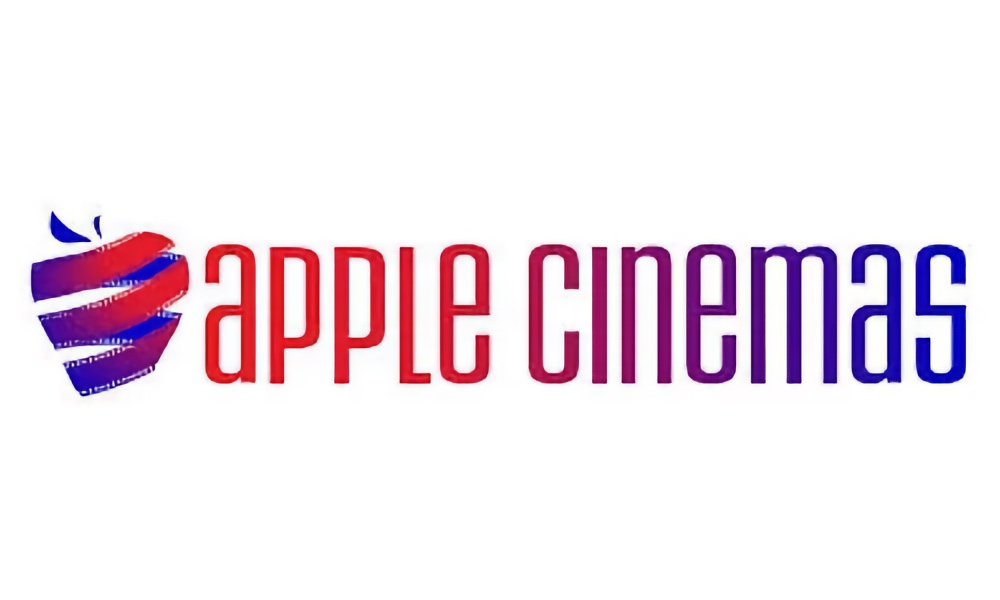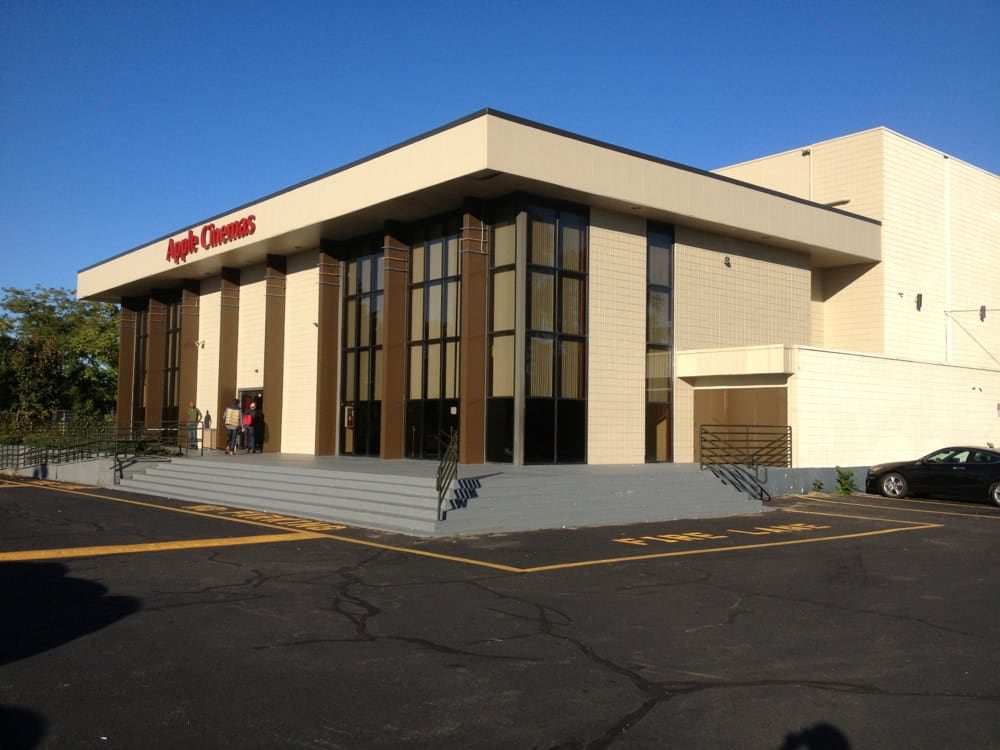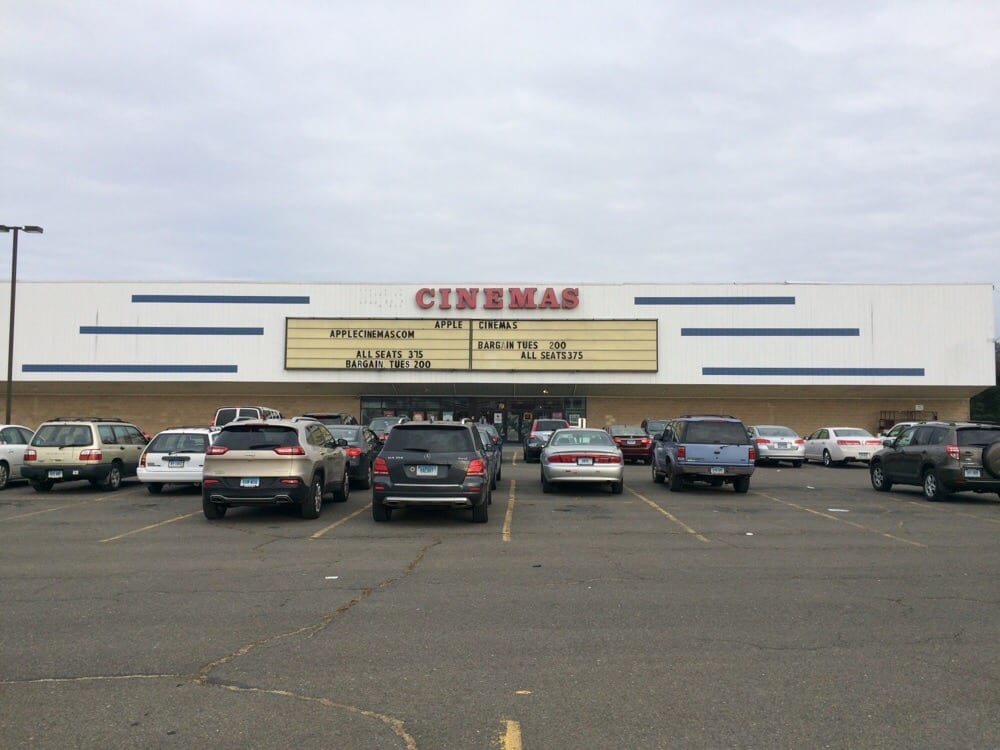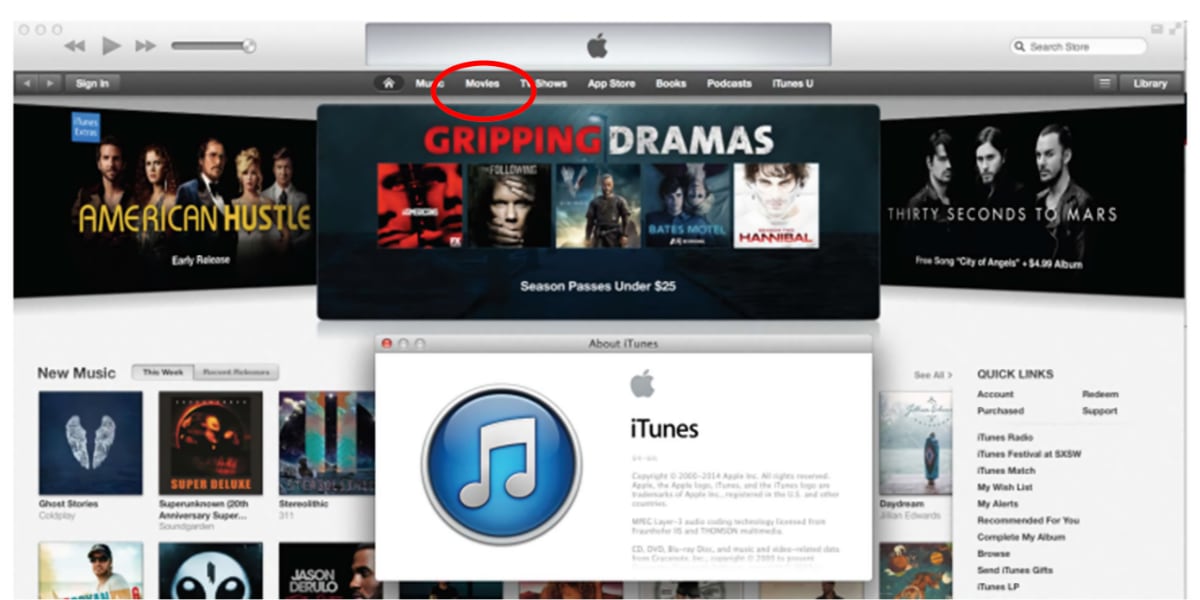Apple Cinemas Pushes Back on Apple’s Trademark Claims

Toggle Dark Mode
Last week, Apple filed a trademark lawsuit against Apple Cinemas, claiming that the small theater chain was not only infringing on Apple’s brand name, but also using it to capitalize on the “Apple’ name. However, it seems the smaller company isn’t about to give up its own brand without a fight.
Apple Cinemas released a statement earlier this week making it clear that it intends to dig its heels in. In the press release, it maintained that its name reflects its “roots” from its humble beginnings at the Apple Valley Mall in New England to one of the two 25 movie theater chains in the United States.
The company maintains that it’s been around as an independent theatre chain for a long time and has “no connection” to Apple Inc. “Our name reflects our geographic roots and has never been intended to suggest, or used to imply, any affiliation with their brand. Furthermore, claims of consumer confusion are unfounded.”
We are committed to defending our brand, our history, and our continued right to operate as Apple Cinemas—an identity that is and has always been clearly distinct and fully compliant with all applicable trademark laws.
Apple Cinemas
In its trademark lawsuit, Apple accused Apple Cinemas of “ knowingly and intentionally using the name Apple to sow confusion for its own benefit.“ The iPhone maker also emphasizes that this lawsuit has been brewing for a while, with Apple Cinemas receiving “multiple warnings that the name would cause confusion,” but deliberately pushing forward despite these.
While Apple Cinemas has been around since 2013, it’s disingenuous to claim that its first location opened at Apple Valley Mall. As Apple states in its lawsuit, “Apple Cinemas started in New England with minimal fanfare, no logo, and a basic website.” They never opened a location at the Apple Valley Mall.
Apple Cinemas seemingly intended to open a theater in that location, but those plans fell through. Instead, Apple claims the first theater opened in 2013 in the Alewife neighborhood of North Cambridge, Massachusetts. Two additional theaters opened in 2014 and 2015, both in Connecticut. None of those were anywhere near Smithfield, Rhode Island, where Apple Valley Mall is located.
Apple didn’t pursue a trademark claim back then because the three-theater chain was likely beneath its notice. No additional cinemas opened until 2019, when a few more popped up in New England; however, Apple notes that these “were quickly followed by multiple closures.”
“In fact, based on information reported to the USPTO, Defendants closed more theaters in 2023 than they opened,” Apple says in its legal filing, adding that records from archive.org show that the company’s website was frequently down.
However, Apple Inc. sat up and took notice when Apple Cinema’s parent company, Sand Media, opened its first cinema outside of New England and subsequently filed to register two trademarks with the US Patent and Trademark Office (USPTO): “APPLE CINEMAS” and “ACX – APPLE CINEMATIC EXPERIENCE.”
The USPTO denied those trademark applications in October 2024 for the very reason that Apple is challenging them in this lawsuit: that the name was “likely to cause confusion with Apple’s prior trademark rights.”
Following the denial of its trademark application, Apple also sent a cease and desist letter to Sand Media, which had announced a nationwide expansion to 100 locations and “adopted a stylized apple logo” to match its name.
Apple maintains that Sand Media’s expansion plans for Apple Cinemas also explicitly target “locations near Apple retail stores and offices,” rather than the strip mall locations where its earliest theaters were located.
In its filing, Apple also points out how the theater company’s choice of name is already creating confusion and diluting Apple’s brand.
The comment sections of articles and social media posts promoting the new Apple Cinemas opening are full of questions from the public. For example, one user responded to the announcement of the San Francisco location, “Is this another Apple brand?” Another wondered if the theater showed only Apple TV films.”
Apple Inc. vs. Sand Media Corp
While this may have been a non-issue six years ago, Apple is now in a directly relevant line of business. Apple Studios is a legitimate branch of Apple Inc., and Apple not only produces original movies and TV shows, but premieres many of them in theaters. Under those conditions, it’s entirely reasonable to presume that the general public might be led to believe that Apple is parlaying that into brick-and-mortar cinemas to showcase its movies.
Nevertheless, Apple isn’t standing solely on its recent initiatives. In the lawsuit filing, it points out that it’s been in the media business since 1998, when it launched Final Cut Pro and exclusively premiered the trailer for Star Wars: Episode I — The Phantom Menace in the QuickTime digital video format, which later led to the QuickTime Movie Trailers channel. It also notes that “Cinemas” is part of the potentially infringing name, since Apple has offered both software (“Cinema Tools” in 2002) and hardware in the form of the Apple Cinema Display, first released in 1999.
While “Apple Cinemas” is not among Apple Inc.’s registered trademarks, the lawsuit names several others that are in conflict, such as Apple Studios, Apple TV, Apple Originals, Apple TV+, Apple One, and “An Apple Original.” All of these are registered trademarks of Apple Inc., and the potential for confusion is precisely why the USPTO rejected Sand Media’s applications to trademark “Apple Cinemas.”
Sand Media appealed the USPTO decision in April, arguing that confusion is unlikely between “Apple Cinemas” and “ACX – Apple Cinematic Experience” and any of Apple’s trademarks. The appeal was rejected, with the USPTO examiner standing by the original ruling that the applied-for trademarks “look and sound similar and create the same commercial impression” as Apple’s registered trademarks, and that movie theaters are “closely related” to Apple’s entertainment services.
Although some of Apple’s trademark claims have been a stretch, it seems that it’s on pretty solid ground with this lawsuit, especially considering that the USPTO has already agreed that the “Apple Cinemas” brand is not trademarkable by anyone other than Apple. If Apple’s claims are true, Apple Cinemas is also playing games by claiming that the name reflects “roots” that it never actually had. The company may have innocently chosen the name back in 2013, but it’s hard to believe it’s not taking advantage of how much weight it carries now that Apple Inc. is in the film business.










